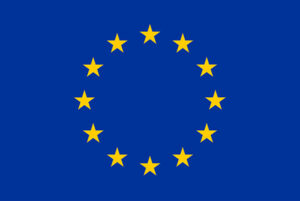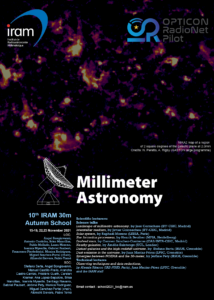
Due to the special circumstances derived from the COVID-19 pandemic, the 10th edition was held on-line, on 15-19, 22 and 23 November, 2021.
As in previous editions, the school combined lectures on millimeter astronomy with observations using the 30-meter telescope. Lectures were given by experienced scientists and 30-meter observers, covering a wide range of topics, including the study of the chemistry of interstellar clouds, low and high mass star formation, in the Milky Way, in nearby galaxies, and at high-redshifts. In addition, the school included lectures on instrumentation, observing techniques, and data processing. This edition highlighted the synergies with the IRAM NOrthern Extended Millimetre Array (NOEMA).
The lectures were complemented by practical work using the 30-meter telescope. As usual, students, lecturers and technical assistants formed small groups, to work on one topic, preparing a science case, conducting the observations with the 30-meter telescope, reducing the data, and presenting first results on the last day of the school. However, unlike previous schools, where trainers and students performed their observations at the telescope site, in this edition all observations were conducted in remote mode.
The school aimed at attracting new scientists to current and future single-dish millimeter and sub-millimeter facilities. The school is primarily meant for young researchers with little previous experience in millimeter astronomy. Due to the constraints imposed by the practices at the telescope (even in remote mode), the school attendance was limited to about 60 students who were selected on the basis of their interests, experience, and references. Other considerations were taken into account. In particular, we strived to achieve balance in gender and geographical origin for attendees and lecturers.
The programme and speakers have been posted here.
The list of participants is available here.
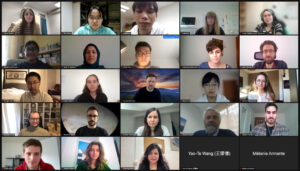
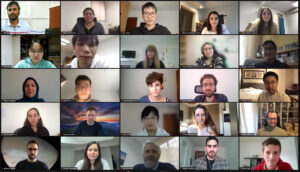
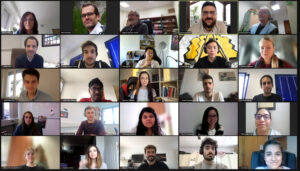
This event has received funding from the European Union’s Horizon 2020 research and innovation programme under grant agreement No 101004719.

